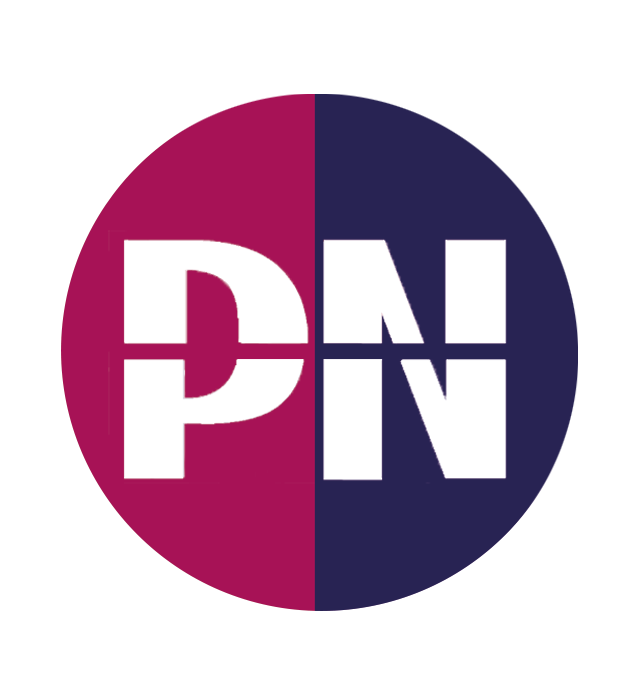If your company or a brand is trying to expand and promote themselves internationally, putting some thought and research into how your company or brand name will be perceived by an international audience is highly important. Each country and language around the world is unique in terms of its cultural nuances and references, and a language in one country can be perceived very differently in another country.
Translating your business including marketing materials and brand names involves a lot more than just a literal word for word translation. The following few examples from the Industry News highlight how things can go horribly wrong when a company or brand name is translated badly or introduced into a target country with little or no research beforehand.
The smallest mistake could have huge implications for your company or brand as these companies found out:
1. Pepsi
When Pepsi started marketing its products in China, their slogan “Pepsi Brings You Back to Life” was translated literally. So in China, this literal translation had the effect of meaning “Pepsi Brings Your Ancestors Back from the Grave”. In Germany its translation was taken as “Rise from the Grave with Pepsi”. That’s quite a soft drink!
2. Chevrolet
When Chevrolet introduced its car the Chevy Nova into the Spanish market the sales didn’t do so well. In Spanish “No va” literally means “it doesn’t go” – not what you want to hear when buying a car. When they realised why this make of car wasn’t selling so well in Spanish markets they eventually renamed it the Caribe.
4. Parker Pens
When Parker Pens started to market their ballpoint pen in Mexico they wanted their slogan to Mexican customers to say that it “won’t leak in your pocket and embarrass you”. However, when the company translated “embarrass” with “embarazar” this had a funny effect on their message. The Spanish word embarazar, while sounding slightly like the English “to embarrass” actually means “to impregnate”, so the slogan then read “It won’t leak in your pocket and make you pregnant”. This must have left the Mexican audiences a tad confused!
5. Coca-Cola
When Coca-Cola was introduced into China the translation used to market the brand actually meant “bite the wax tadpole”, or “female horse stuffed with wax” – a revelation discovered after they printed thousands of signs. After conducting some research Coca-Cola settled on a phrase which instead translated as “happiness in the mouth”.
The use of professional transcreation is how we at Prestige Network avoid these situations; it refers to the process of adapting a message from one language to another, while maintaining its brand, intent, style, tone and context. A successfully transcreated message evokes the same emotions and carries the same implications in the target language as it does in the original language.
It also takes account of images which are used within a creative message, ensuring that they are suitable for the target local market.
Contact us to discuss your next project, whether it is an email or a complete website translation; we are here to help you.




